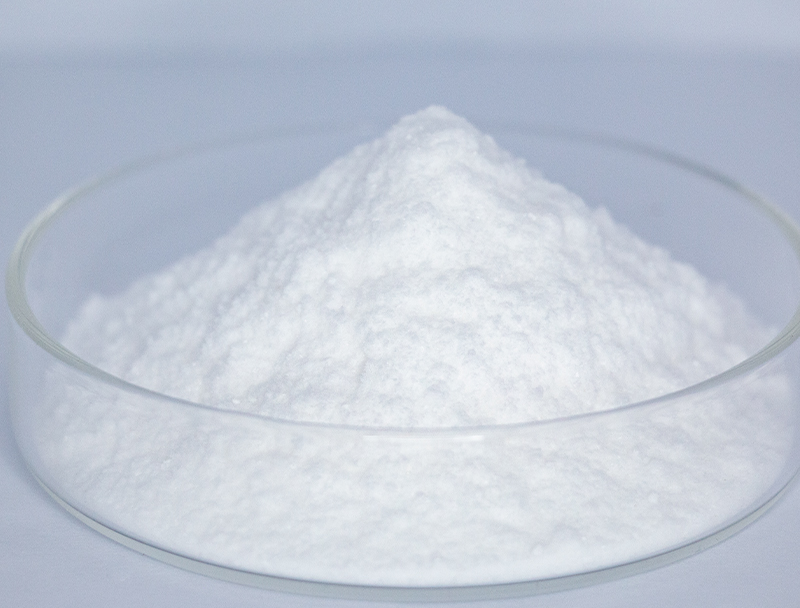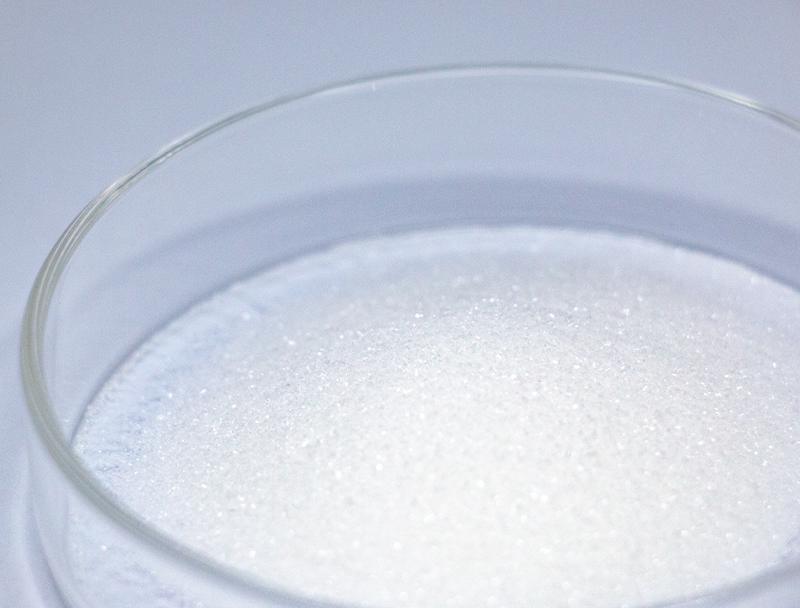
Biotech manufacturing draws predominantly from a diverse spectrum of feedstocks to supply inventive bioproducts.
Preserving environmentally mindful sourcing is paramount for the long-term viability and ethical growth of the industry.
diverse obstacles inherent in legacy sourcing approaches including environmental degradation and exploitation of natural resources. Accordingly, manufacturers should embrace green sourcing tactics to shrink their ecological impacts.
- Illustrations of eco-conscious sourcing involve:
- Applying circular feedstocks from post-harvest streams
- Installing reclamation workflows to diminish waste and heighten recovery
- Teaming up with provincial partners who practice sustainable procurement
Moving toward responsible sourcing creates ecological improvements and economic resilience.
Advancing Biomass Preparation for Elevated Biofuel Production
Advancing fuel production depends on feedstock consistency and composition. Scientists are constantly exploring novel strategies to optimize these feedstocks, creating higher productivity and an eco-friendlier fuel landscape. Programs combine genetic improvement for biomass productivity with conversion technologies to access fermentable substrates.
- Concurrently, efforts examine seaweed, industrial byproducts, and crop residues to increase the variety of renewable feedstock alternatives for fuel production.
- With persistent development the field will likely demonstrate notable gains that foster a more sustainable energy system.

Optimizing Early-Stage Biomanufacturing Processes
involves foundational activities from cultivation to biomass harvest New innovations across this area have produced enhanced manufacturing methods that boost yields.
Important innovations consist of upgraded cell platforms, customized nutrient matrices, and smart bioreactor solutions. These strategies improve manufacturing efficiency and lessen cost and ecological effects.
- Also, evolving practices favor continuous flow processing which supports more agile upstream control.
- The progression to advanced biomanufacturing approaches should modernize the field and quicken therapeutic progress.

Innovations in Gene Editing for Improved Biopharmaceutical Yield
progresses in gene editing technologies, such as CRISPR-Cas9, have revolutionized the production of biopharmaceuticals. By implementing targeted gene changes, investigators boost production titers of important biologics. Such strategies offer promise to create cost-effective, high-efficiency therapeutics across many disease areas.
Leveraging Microbes to Tackle Environmental Pollution
novel biological remediation techniques leveraging microbial metabolisms for pollution control. Selected microbial cultures can remediate contaminants through biodegradation pathways.. By harnessing this natural potential, we can develop environmentally friendly strategies for cleaning up contaminated sites and mitigating the negative impacts of industrial activities.. Investigators study multiple microbial strains for abilities to transform metals, degrade agrochemicals, and process petroleum wastes.. Microbial cultures can function in contained bioreactors or be deployed onsite to facilitate biodegradative remediation..
Microbial remediation approaches present key benefits relative to classic remediation methods. This method provides a low-cost, low-waste alternative to conventional remediation. Similarly, microbe-based remediation affords specificity that avoids extensive ecosystem disturbance. Ongoing innovation aims to boost the throughput and efficacy of microbe-driven remediation approaches.
The Role of Bioinformatics in Drug Discovery and Development
Computational biology approaches are becoming vital across contemporary drug R&D. From target discovery through 4-Aminobutyric acid candidate optimization, bioinformatics facilitates streamlined, hypothesis-guided workflows.
- Using extensive genomic, proteomic, and patient data, analysts discover targets and anticipate therapeutic performance.
- Additionally, simulation tools enable prediction of binding and activity, guiding creation of more potent drugs.
- Finally, bioinformatics is revolutionizing the drug discovery and development process, accelerating the time to bring safe and effective treatments to patients in need.
Cell Factory Optimization for Higher Bioproduct Output
applies assorted techniques to boost microbial synthesis of valuable compounds. Programs use genetic redesign of metabolic networks, dynamic regulation of expression, and addition of heterologous genes to unlock new capabilities. By calibrating pathway dynamics and expression levels teams can greatly amplify bioproduct yields.
Such holistic engineering could impact many areas including medical therapeutics, agricultural outputs, and biofuel production.

Upscaling Biopharma: Obstacles and Potential Gains
Large-scale manufacturing brings notable difficulties together with growth opportunities. Sustaining uniform quality across expanded production capacity is a principal challenge. Addressing it demands strong process governance, accurate real-time analytics, and advanced measurement systems.

Also challenging is the layered complexity of biomanufacturing encompassing numerous sequential steps.. Reengineering workflows for mass production involves rigorous R&D and inventive technology deployment.. Nevertheless, the upside can be significant. Successful scaling up can lead to increased access of life-saving therapies, reduced production costs, and enhanced profitability.
A series of measures are underway to confront these obstacles. Examples include novel optimization technologies, predictive analytics for real-time control, and inventive production models.
- Developmental projects contribute critically to scaling manufacturing competency.
- Regulators are reforming approval systems to facilitate adoption of advanced manufacturing and nurture innovation.
Exploring Approval Frameworks for Biopharmaceutical Safety and Effectiveness
Manufacturing biopharmaceuticals entails detailed regulatory processes to copyright safety and clinical performance. Living-source therapeutics present distinct obstacles in regulation and production relative to classical drugs.
Organizations like the FDA and EMA provide essential guidance and set standards for authorizing novel biotherapeutics..
Thorough testing frameworks are compulsory during all stages of development including after market release.. The processes aim to expose risks and ensure that treatments meet exacting safety benchmarks.
Likewise, authorities progressively modify regulatory tactics to follow the speed of innovation in biopharma.. Policies involve deploying novel tech and expediting development while preserving commitment to patient safety.

Plant-Derived Inputs for Next-Gen Bioplastics
Growing emphasis on eco-conscious materials catalyzes research into plant-based options. Plant-origin feedstocks converted into bioplastics create promising opportunities for eco-friendly materials. Renewable inputs including cornstarch, cellulosic matter, and sugarcane biomass can be processed into biodegradable plastics that minimize long-term pollution.
Likewise, some plant-derived plastics perform similarly to petroleum-based materials for a variety of uses.. Ongoing R&D is essential to scale plant-based bioplastics and realize circular economic benefits.
Biotechnology's Potential to Transform Health and Food Supply
Emerging biotechnologies deliver avenues to improve health outcomes and secure food resources. Applying targeted genetic edits, synthetic biology frameworks, and cellular therapeutics, practitioners produce measures to address infectious disease, boost harvests, and upgrade nutritional content.. For example, engineered crops with pest resistance and stress tolerance can increase yields while lowering pesticide use.. Also, biotechnological innovation fuels development of immunizations, antimicrobial treatments, and diagnostic platforms vital for disease control and population health.. Looking forward, continued biotech progress promises to deliver therapies and agricultural solutions that support health and sustainability worldwide.
 Calcium alpha-ketoglutarate
Calcium alpha-ketoglutarate